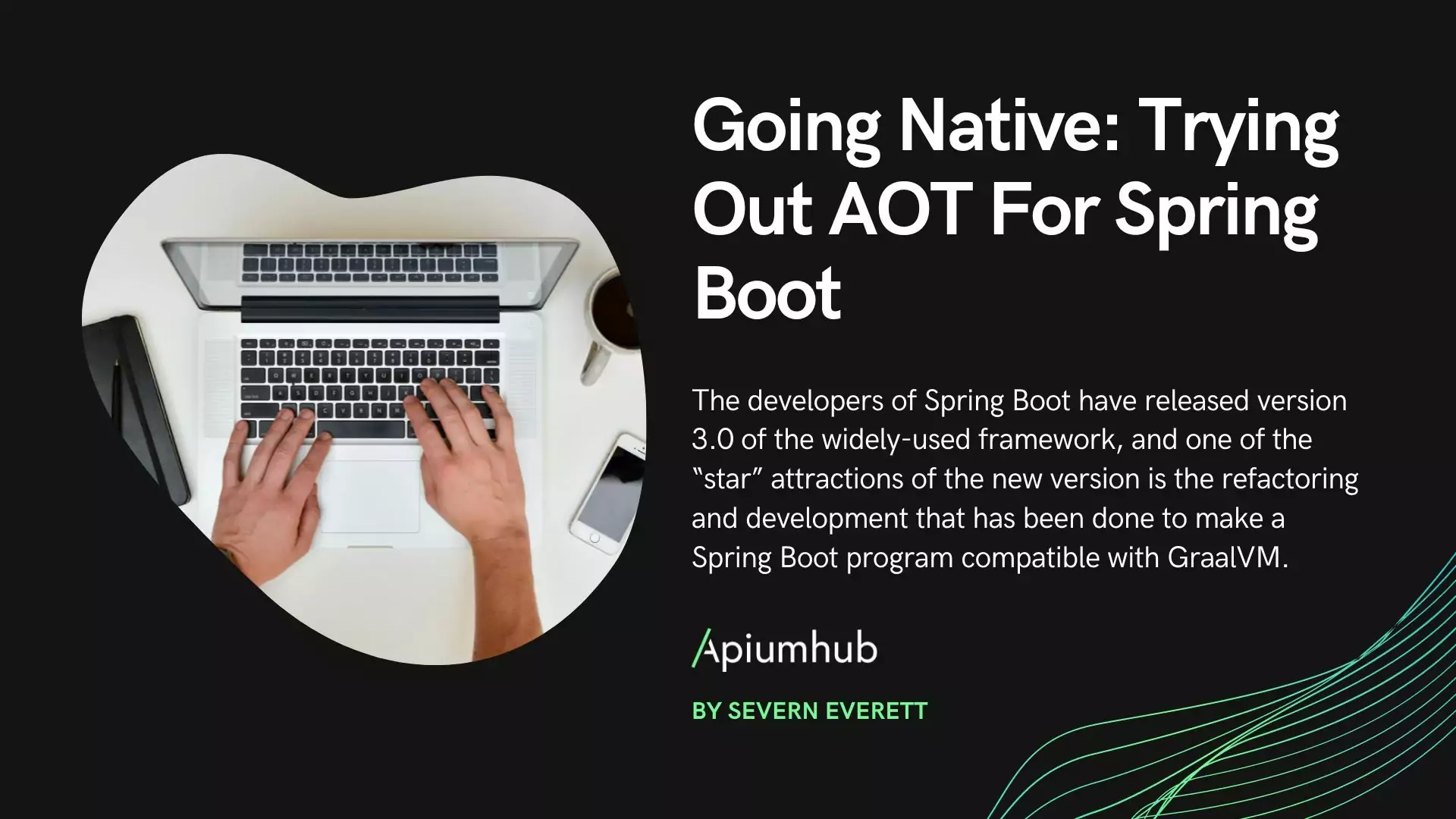Table of Contents
Very often, companies find themselves in the situation where they don’t really know how well they are doing regarding DevOps. In that case, they are obviously missing some DevOps metrics. Here at Apiumhub we’ve got quite a few we keep track off, keep on reading to know more.
In general you use those metrics to measure the success of your program and to find out how it can be improved. But of course you can’t improve anything if you haven’t measured something. Then a good question would be if you are measuring the right things? Where should you be focusing to optimize your process?
The main point and focus of DevOps metrics is to measure the speed of development, deployment, and client response, frequency of deployments and failures, repair time, volume of repair request, and the rate of change of these indicators.
A DevOps dashboard is a great way to monitor the process and will be of a great help for finding errors & bugs. Obviously, the metrics used depend on the goals of the project itself but there are certain DevOps metrics that should always be taken into account.
Before you choose you DevOps metrics, keep in mind that…
There is no right or wrong.
When you are setting which DevOps metrics you want to keep track of, there isn’t an answer that fits to everyone. Each company / team will be looking at different metrics because we don’t all have the same business model, requirements or goals. Is your company more customer focused or more about the product itself?
Don’t forget what you are aiming for.
When choosing the most important metrics for you, always remember that at the end of the day, you want more engaging and loyal users. So what do you really care about? If you care about how fast is deployment, how quick is your team to respond to change, etc., it’s mainly because you want your customer to be satisfied and continue using your product.
Too many metrics isn’t necessary.
Some people that that the more the better but actually I believe that less is more. No need to have 20 metrics, it won’t really help you have a better understanding of how is the team working and how good are the results. I would say less than 10 metrics is largely enough!
Some DevOps metrics to keep an eye on
Deployment Frequency
By examining how often you deploy software, you get a lot of insights regarding what is causing bottlenecks, making the process slower. With this metric you measure how frequently the deploy of the new code is done. Deployment frequency can help measure response time, team cohesiveness, developer capabilities, development tool effectiveness, and overall DevOps team efficiency. Basically, you are able to keep track of the development process of the team members; how often is the team deploying new code?
Change Lead Time
The change lead time represents how long it takes from the start of a development cycle until deployment. It is usually used to measure the general efficiency of the whole development process. You can also get insights regarding how complex is the code. Logically, the longer the change lead time, the more probability there is that the development process isn’t efficient enough. Then you need to focus on finding the bottlenecks.
Change Failure Rate
By improving their capabilities, the team members are having a low failure rate, which implies having quick and frequent deployments with high value. That is obviously part of the goals of DevOps in general. On the contrary, having a high failure rate indicate that there are some sorts of problems when it comes to the DevOps process.
Customer Ticket Volume
This metric is very helpful to have more insights regarding the customer’s satisfaction. I don’t need to explain why that is important but let’s just keep in mind that a happy customer equals happy business. Through this metric you measure how much products you provide you customer with or just the number of tickets that are generated by users.
If you’re keeping track of this DevOps metric, you don’t lose a thing to keep an eye on the change in users volume which is basically the number of users registered .
Mean Time to Detect
Here it’s about how long it take to detect an issue. It’s actually the difference between the moment the issue happens and the moment that the team notices it. Once detected, the team will initiate specific actions that will help recover the issue. And here comes mean time to recovery:
Mean Time to Recovery
Of all DevOps metrics, don’t omit this one! You recover from a failure. Basically here, it’s about measure how long it take to recover from a failure. You are able to see how good the team is when it comes to handling change, how efficient is the team facing issues.
By the way, if you’re interested, here’s a short video with 4 keys metrics for DevOps
Conclusion
No matter what KPIs keep on evolving. You might be measuring different aspects on your first year and improving in that matter and later on focus on other metrics that might seem more important at that time. What is important is to be aware of it and to be aware of the fact that it all depends of your business itself. Your knowledge and preparation are very important when it comes to the success of your DevOps metrics initiative.
You might like…
DevOps technologies & benefits
Benefits you get by doing Agile project management









